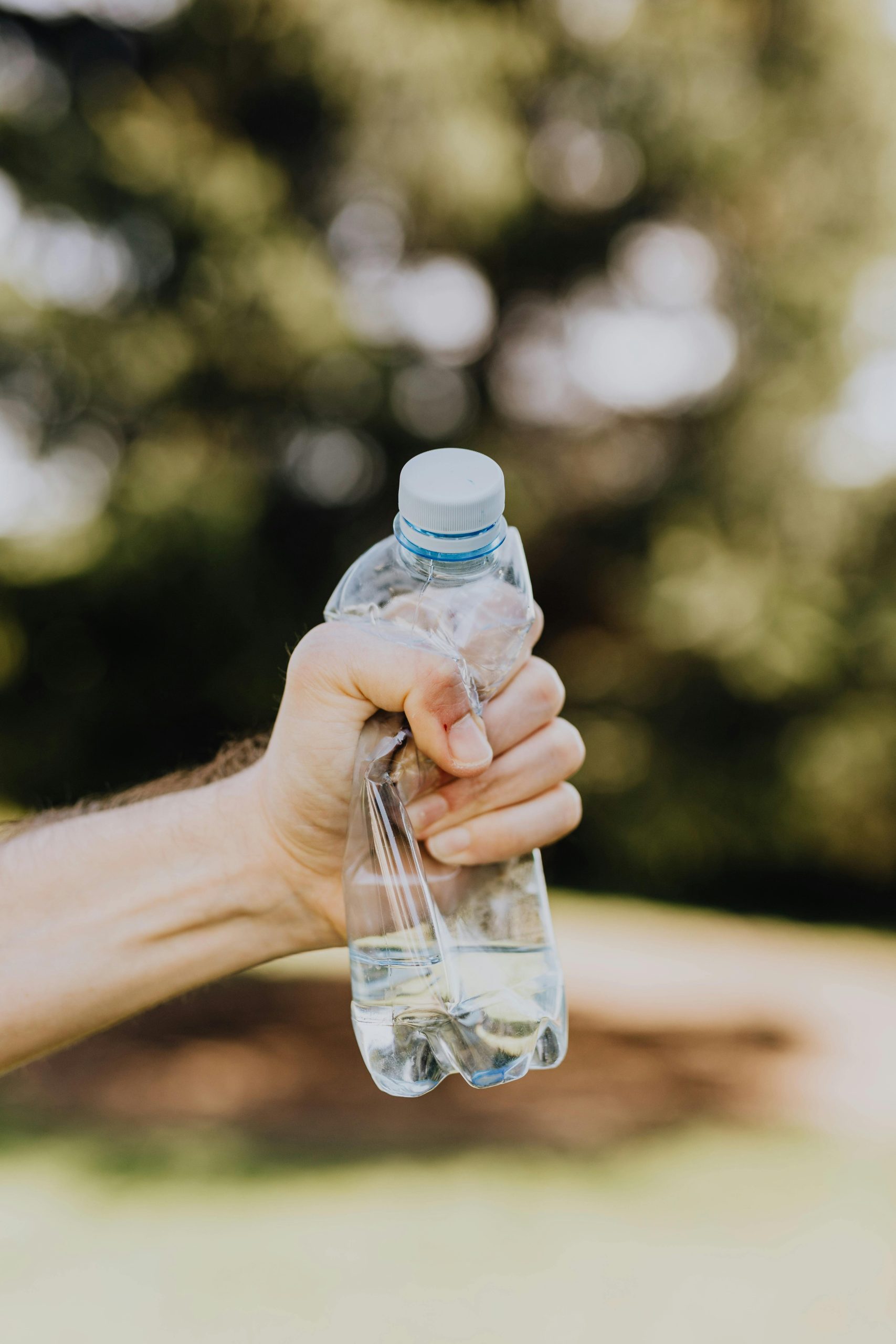Worsening Litter Problem at Olympic Park: A Call for Community Action
The ongoing issue of litter in public spaces is a concern shared by many urban residents, and recent observations near Olympic Park in Newham highlight a growing problem that warrants collective attention. As a long-term resident of the area, I’ve noticed a troubling increase in litter along the canal paths and surrounding areas, impacting the natural beauty and community enjoyment of this vibrant part of East London.
The Rising Tide of Litter
Over the past several years, Olympic Park has seen a surge in visitors, driven by new developments such as the University College London (UCL) and University of the Arts London (UAL) campuses, the iconic ABBA arena, and expanding office spaces. While these developments bring economic and cultural benefits, they’ve also contributed to increased foot traffic. Unfortunately, this growth has not been matched with adequate waste management measures.
Recently, the litter – including beer cans, bottles, half-eaten sandwiches, and dog waste – has become more prominent than ever. This accumulation not only diminishes the area’s aesthetic appeal but also poses health and environmental risks, undermining efforts to maintain a clean and welcoming environment.
Lack of Infrastructure and Maintenance
Despite the rising number of visitors, local authorities have yet to increase the availability of trash and recycling bins or enhance cleaning schedules in the area. This oversight leaves residents and visitors to contend with an unkempt landscape, which can discourage community engagement and outdoor activities.
What Can Be Done?
Addressing this issue requires a coordinated effort. Community members can play a vital role by reporting persistent litter problems through official channels. Engaging with the Newham Council and providing constructive feedback can help prioritize increased waste management resources. Additionally, community-led initiatives, such as organized clean-up events or volunteer litter-picking sessions, can make a tangible difference.
Seeking Community Input
If you’ve also noticed the escalating litter problem near Olympic Park, your insights and experiences are valuable. Sharing observations and suggestions can foster a more proactive approach from local authorities and encourage community participation in maintaining this cherished public space.
Conclusion
The beauty and accessibility of Olympic Park should be preserved for everyone to enjoy. By working together—residents, visitors, and local officials—we can advocate for better waste management infrastructure and a cleaner, safer environment. If you’re interested in collaborating on cleanup efforts or exploring reporting options, please feel free to reach out. Our collective action can make a meaningful difference in restoring the park

